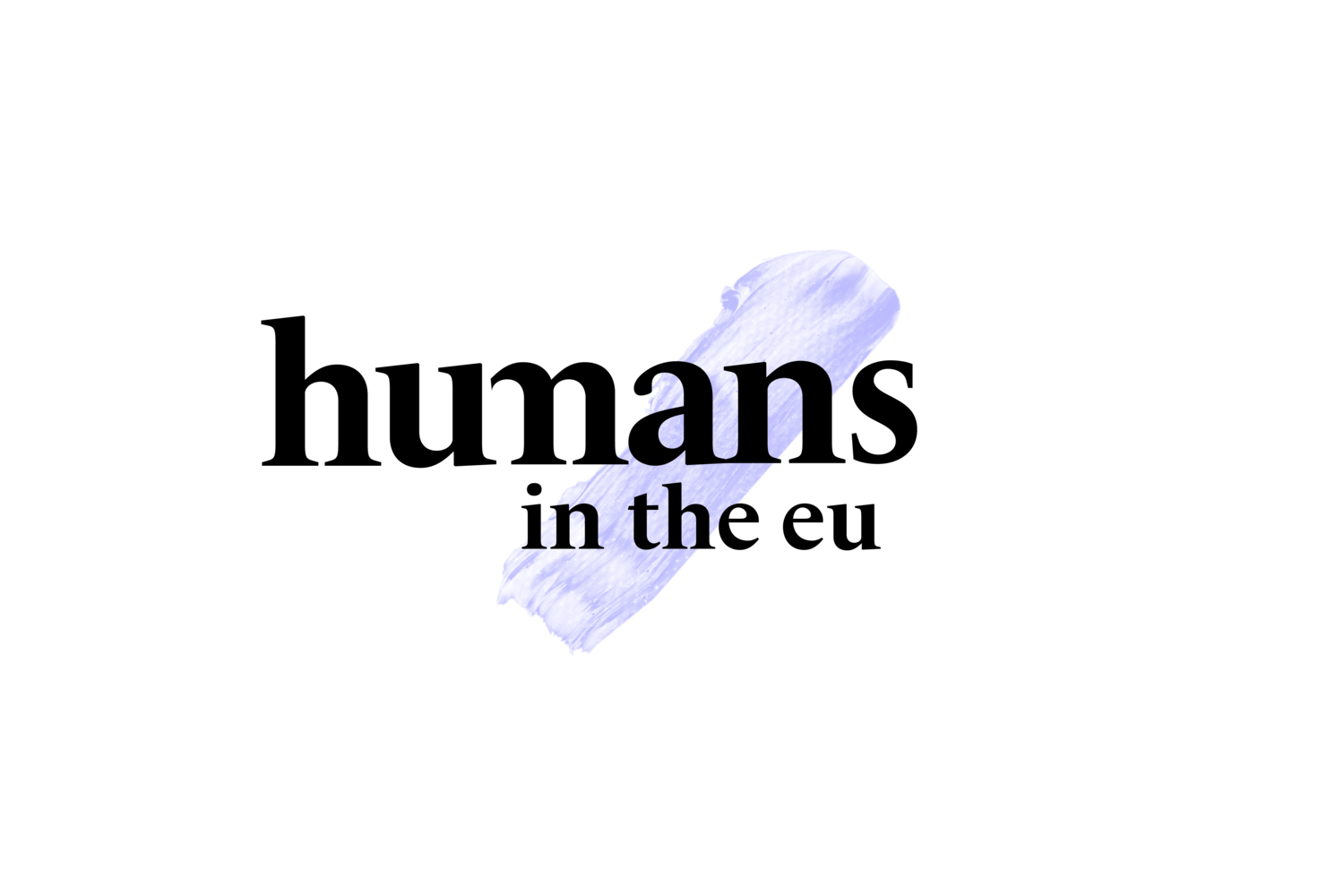Blue Banks: Female Identities in Rural Romania
“Blue Banks is about two parallel struggles: the inner and the outer fight.”
Roxana.
“In 2018 we set off together on a personal quest. We wanted to understand the process by which one reaches womanhood. How do you become a woman?
We decided to start with our origins so we stopped at five villages in the south. We discovered a reality very different from the one we idealized in our childhood.
It was the harsh reality of non-poetic poverty and of the multiple forms of abuse that replaced normality. A universe which we were curious to investigate, but the more we did, the more we have come to feel alien from it.
Viorica.
We talked with many of these women and we found out that their situation rests on a set of inner constructions. These inner worlds contain angst, hopes, fears, over and underestimations, stereotypical constructs or original identities and their revolt.
For us, Blue Banks means contact with the stories of women who talk about the way they see the world. Our goal is to look beyond public policies, beyond the borders of the liberal states to which we aspire.
We want to look at the concrete reality, where every woman lives with herself, where they feel freedom or its absence in their own particular way.
We set for ourselves the question of how does one gain that inner freedom which in turn naturally produces the “hormone” of equality in societies in which it is still commonplace for women to be just an object of sexual desire or abuse.
What happens with their feelings when they perceive injustice? What obstructs and encourages them in building their own identity and not just mimicking what is at hand. How do they manage to attain their own?
Blue Banks is about two parallel struggles: the inner and the outer fight.”
Floarea.
“I was 16 when I had my first kiss with my first boyfriend.”
- Geta, 70.
Geta.
“Ever since I was little I was always out of place. I was always alone and this loneliness made me even more estranged. That’s why I can’t find a place for myself.”
- Stela, 74.
Stela.
Artists: Brîndușa I. Nastasă and Andreea Cristina Bortun from Springroll Media.





